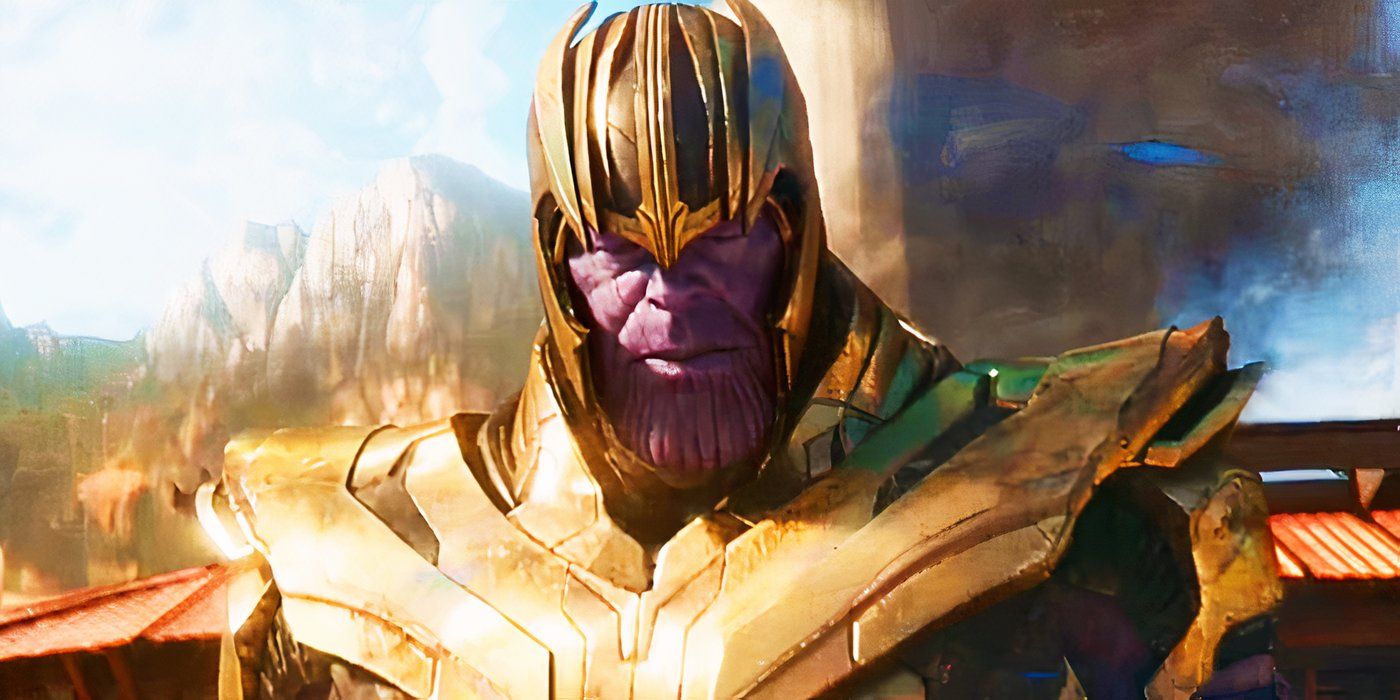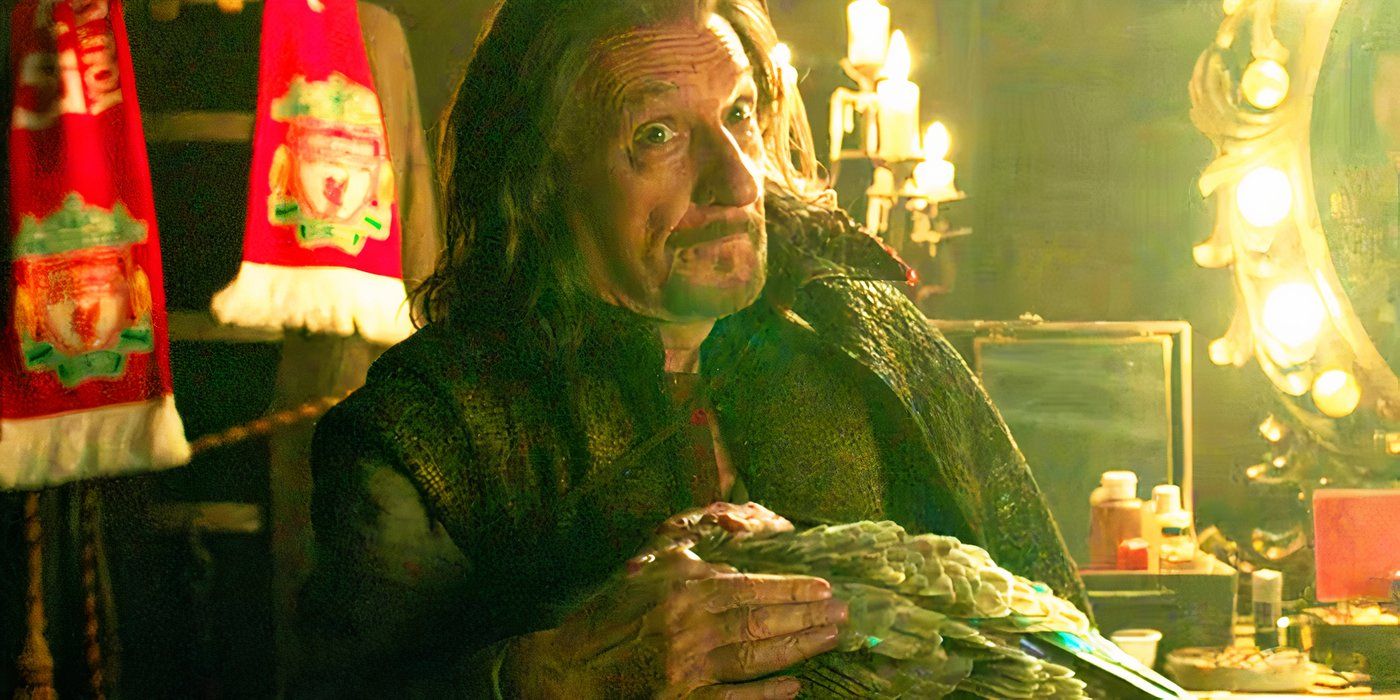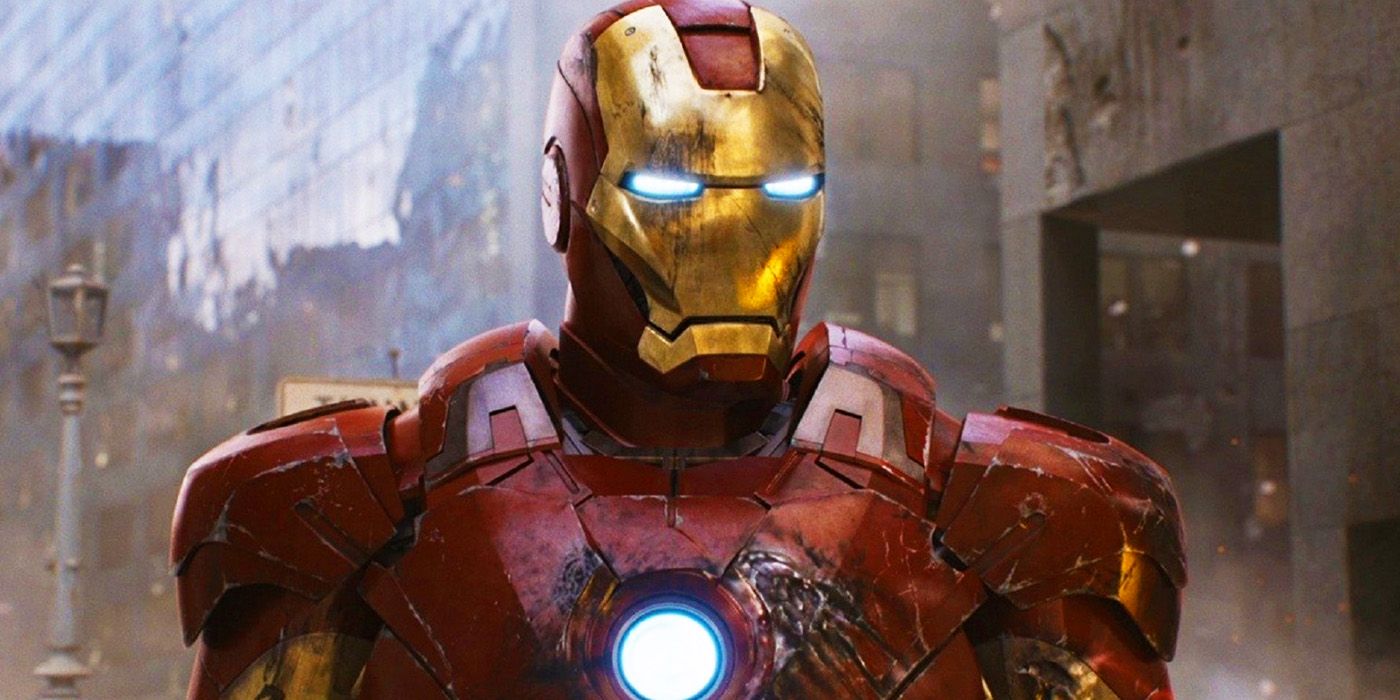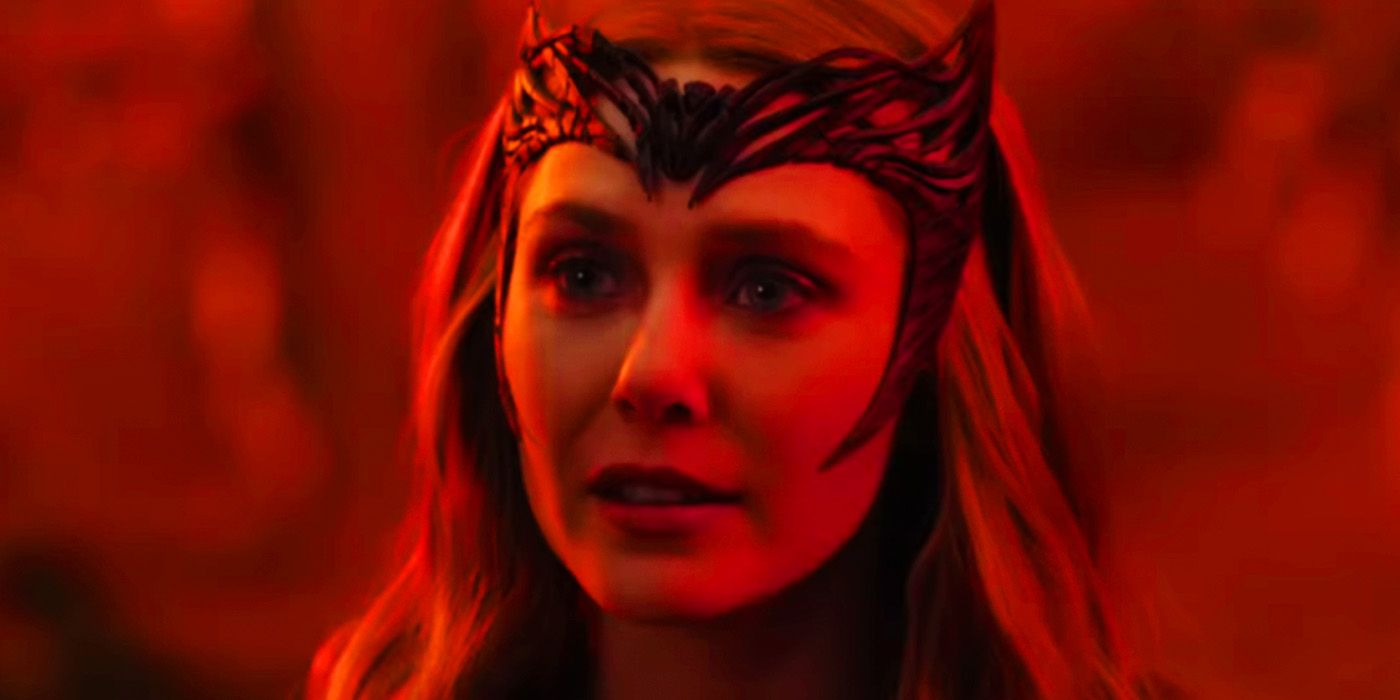
The Marvel Cinematic Universe (MCU) frequently reinterprets its characters’ origins, which can yield both beneficial and detrimental outcomes. Since its inception, the MCU has brought a diverse array of Marvel characters to life, often adapting them from their comic book roots. However, the narratives crafted for the cinematic universe sometimes diverge greatly from the traditional lore to align more closely with the MCU’s overarching storylines and tonal direction.
Such alterations often spark debate among fans and critics alike. While some updates enhance the character framework and resonate better with audiences, others fall flat, leaving loyal followers of the comics dissatisfied. This inconsistent trajectory raises the question: which character origin transformations serve the MCU well, and which do not? Below, we delve into five examples of the best and the worst alterations to character origins within the franchise.
Best: Taskmaster
Taskmaster’s MCU Origins Connected Her to a Key Hero

The arrival of Taskmaster in Black Widow marked a significant reimagining of the character. In the MCU, this incarnation switched genders and incorporated an entirely different backstory connecting her to Natasha Romanoff, enhancing the narrative weight of her abilities. This creative choice facilitated a deeper connection between the two characters, aligning with the MCU’s narrative strategy, although not all aspects of her character were embraced by fans.
Linking Taskmaster’s origins to Black Widow through her being the daughter of Dreykov was a clever move that provided a solid rationale for her mimicry skills. However, transforming Taskmaster into a more subdued antagonist with a silent demeanor significantly altered her character’s essential traits.While the origin modification was largely viewed positively, the character’s personality shift has drawn criticism.
Worst: Hawkeye
Hawkeye’s MCU Origin Was Far Less Robust than the Comics

Clint Barton’s character arc in the MCU was notably less enriching compared to his comic book counterpart. As the last founding Avenger to headline a solo project, his origins lack depth, leaving audiences wanting for a more nuanced backstory. In the comics, Hawkeye’s skills are developed during his time as a young orphan, seeking acceptance in a circus—a poignant detail often overlooked in the MCU.
The MCU depicts Hawkeye primarily as a SHIELD operative without delving into his formative experiences. The closest the franchise comes to an origin narrative is the relationship he shares with Black Widow, emphasizing her past instead of his own.This absence of a well-defined origin story feels like a missed opportunity, making it a stark downgrade from the comics.
Best: Thor
Scrapping Thor’s Secret Identity Was Better for the MCU

Thor has become one of the MCU’s most beloved heroes, with story arcs that effectively explore his character development. The franchise’s decision to forgo Thor’s secret identity—where he assumes the form of Doctor Donald Blake—has allowed for a more direct and impactful exploration of his Asgardian heritage. In the comics, Thor’s amnesia and transformation seemed less relatable and could have hampered the story’s dynamism.
Instead, the MCU depicts Thor as being sent to Earth to learn humility, a narrative that serves both his character growth and aligns well with the superhero genre. This alteration not only streamlined his storyline but also created a robust foundation for the portrayal of his journey.The simplified origin proves far more engaging than the complex comic version.
Worst: Whiplash
A Simpler Whiplash Story Could Have Helped Iron Man 2

Whiplash, portrayed by Mickey Rourke in Iron Man 2, is often regarded as one of the weaker villains in the MCU. While the ambition behind his character is evident, the convoluted changes made to his backstory detract from his potential impact. In the comics, Whiplash seeks vengeance against Iron Man for a more straightforward reason: his father was killed by an entity wielding Iron Man technology. This simpler origin aligns with the film’s themes regarding technology and responsibility.
Had the MCU chosen to maintain this direct motivation, Whiplash could have resonated better with audiences, delivering a more compelling narrative arc.The changes made to his characterization weakened his impact, turning him into an underwhelming figure within the franchise.
Best: Falcon/Sam Wilson
The MCU Made Falcon a More Grounded Hero

Sam Wilson’s introduction as Falcon in the MCU redefined the character, grounding him in a relatable narrative through his military background. Unlike his comic counterpart—who has a telepathic connection with a real Falcon—the MCU opted for a high-tech wingsuit and drone, Redwing, which harmonizes with the technological themes prevalent in the franchise.
This practical reinterpretation not only enhances the character’s believability but also strengthens his partnership with Captain America.Such modifications make Sam Wilson’s journey more credible and align perfectly with the MCU’s overarching narrative.
Worst: Vision
Making Vision a Hero from the Start Made Him Less Interesting

Vision’s arrival in the MCU significantly alters the compelling essence of his character. Created through the fusion of the Mind Stone and Iron Man’s technology, he emerges as a hero right from the offset—diminishing the drama that his comic book origins inherently possessed.
Best: Thanos
Thanos’ MCU Motivations Worked Better Within the Context of the Infinity Saga

Introduced as a shadowy figure manipulating other villains in pursuit of the Infinity Stones, Thanos’ motivations in the MCU reflect a desire for balance through destruction—a sentiment that resonates deeply within the Infinity Saga. Unlike his comic incarnation, where his actions are driven by an obsession with courting Lady Death, the film adaptation presents him in a more grounded narrative role.
This alteration provided a depth that made Thanos a fitting antagonist for the multiverse-overlapping events of the MCU, enhancing the scope of his character.Thanos’ motivations are both nuanced and well-integrated into the overarching storyline, making this change one of the franchise’s stronger decisions.
Worst: The Mandarin
The MCU Famously Bungled The Mandarin’s Origin Story

The presentation of the Mandarin in Iron Man 3 is often viewed as one of the MCU’s most significant missteps. Initially, the character appears to be a direct adaptation of Iron Man’s traditional adversary, only for viewers to discover later that he was a mere construct used by Aldrich Killian to manipulate the situation.
This twist not only disappointed fans but also delayed the introduction of a more accurate portrayal of the Mandarin, which only appeared in later films.The alterations stripped the character of his potential, rendering him one of the most underwhelming villains in the MCU due to lost opportunities.
Best: Iron Man
Having Tony Stark Announced Himself to the World Was the Best Choice

The MCU’s treatment of Tony Stark’s character was a major highlight, particularly the decision to have him publicly announce his identity as Iron Man. While comic iterations typically emphasize secret identities, the MCU’s choice allowed for immediate depth in Stark’s character and relationships.
This pivotal moment set a precedent for other heroes in the franchise, fostering a narrative centered around transparency and accountability.By departing from the traditional secret identity trope, the MCU facilitated a richer exploration of Stark’s character and the consequences of being a hero.
Worst: Wanda Maximoff
Wanda’s Missing Mutant Origins Hurt Her MCU Characterization

Wanda Maximoff’s character journey throughout the MCU illuminates a significant shortcoming surrounding her origins. Initially portrayed as a conflicted figure fluctuating between hero and villain roles, she lacks the depth and complexity afforded by her mutant origins in the comics.
Due to complications related to rights, her portrayal shifted to that of a wielder of chaos magic, stemming from the Mind Stone. Nevertheless, the late acknowledgment of her latent mutant gene robbed the narrative of its potential richness, leading to an unsatisfactory conclusion where Wanda’s story arc felt truncated.This missing element is perhaps one of the most regrettable modifications within MCU character adaptations, underscoring the challenges faced in aligning comic lore with cinematic storytelling.




Leave a Reply